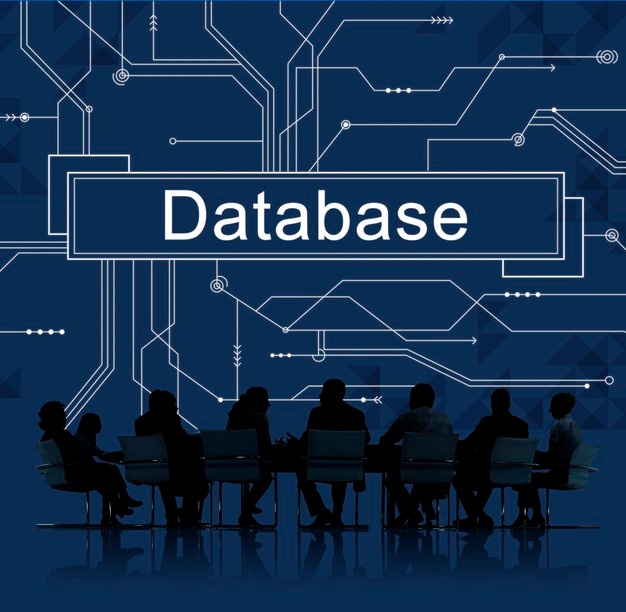You are perhaps reading this because you think that becoming a database administrator may be the right career path for you.
Database administrators handle all facets of managing MySQL. Such responsibilities range from installation and patching to creating databases to manage permissions that allow users to use the databases. However, more than anything, they protect the data. Also, they maintain the performance levels. They often act as internal advisors on how to use MySQL well. It is a critical role. The reason is that if a database is offline or you lose data, then the organization and its end users feel the impact right away.
The hard part of becoming a database administrator is getting the first job. No hiring manager wants to give a user with no track record the keys to the most valuable thing the organization owns, which is the data. A single mistake by a database administrator can cause an outage or loss of data that can cause loss of revenue or the worst case, the failure of the organization. Of course, any database administrator may and will make mistakes. However, the challenge for the hiring manager is that the first-time database administrator often makes mistakes because they did not understand the full impact of their actions. Many organizations only employ a single database administrator. Also, many organizations cannot take the risk of hiring a junior database administrator. The reason is that there is no one on staff with the time and skills to coach them.
Very few database administrators start as database administrators. Many database administrators start as developers. Also, as they work with the database, as almost all applications need at least one database, they find they gravitate to the management side of things. Many database administrators start as network or systems administrators who start working with the database by performing installs and patches, learning the basics and then adding skills. Others begin as report writers or performing extract, transform, and load work. Regardless of their starting point, they show an affinity for data and databases as it comes to them.
Organizations hire most first-time database administrators from existing staff. They learned how the business works, demonstrated their work ethic, earned trust, and showed that affinity for data we mentioned earlier. Combining those suffices to convince a manager to take a chance on moving an internal candidate into the database administrator role. The candidate needs to convince them they know they are interested in becoming their database administrator. Also, the candidate needs to convince them they were prepared for the opportunity. If you want to become a database administrator, then you need to be ready for that opportunity by building skills above and beyond those you use at work. You need to learn the basic skills of a database administrator.
Read the 17-page whitepaper “How to Become a Database Administrator for MySQL” to:
- Get some insight into what the job looks like when using MySQL.
- See at a high level the skills you need to get that first job in the field.
- Review suggestions for how to gain those skills and find your first database administrator job working with MySQL



